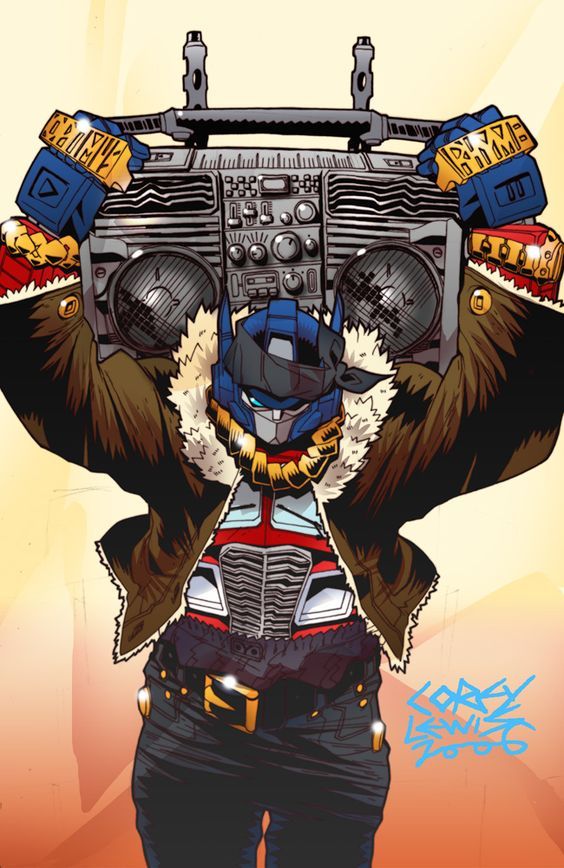Session 3 Political culture and cultural policy in Galsen hip hop
Jenny Mbaye
17h30
For nearly 30 years, hip hop in West Africa has been asserting both its political dimension and the activism of its practitioners. As politically-engaged citizens, certain hip hop artists have thus “written their voice” (Rubin, 2004) through their musical aesthetics, and beyond their own, the voice of an often ostracized youth living in a gerontocracy. Indeed, they talk back, and thus provide a critical response to the conventional power structure based on the right of the elders, all the while providing alternative knowledge and practices derived from their social role. Embedded in the political economy of their era, where the digital is part and parcel of contemporary socialization models, these actors have also taken over the chain of production of their musical art, from creation to distribution, innovating through a collaborative approach and an ethos
of common-good developed across national boundaries.
With a particular focus on their politics, this seminar seeks to highlight the identities and practices of gures of West-African hip hop (artists and producers) within their production ecosystem. Indeed, this generation of popular artists has used its urban music as a privileged site to express its own power despite political and social constraints; its musical aesthetics are therefore a place for learning and the negotiation of identities. Most importantly, this generation has demonstrated an ability to create new practices of cultural policy and political culture which allow, building on the hip hop experience, a rede nition of the complex and multi- layered boundaries of the contemporary cultural and musical landscape in Senegal and in Africa, on the edge of an ongoing rede nition of the role of civil society as well as that of public institutions in the cultural eld.
During this seminar, we shall focus on the one hand on the materiality of hip hop culture, building on theoretical resources from the humanities (cultural studies, media studies, linguistics and sociology). Alongside this, we shall attempt to analyze speci c hip hop case studies, such as networks of organizations and other cross-border cultural products (Festa2H / Assalamakekoum Festival / L’Boulevard; FOCUS (Mali / Morocco / Mauritania / Senegal); Jokko, JTR, Journal Gbayé and Chi-Taari Rappé, in light of what a viable and sustainable cultural policy represents in the context of African cultural markets. The latter segment will introduce certain practical notions of public policies and international entities that promote the arts, culture and creativity (2005 UNESCO Convention) in relation to the key role played by cultural and creative innovators in our societies.
About Jenny Mbaye
Senior Lecturer at the Centre for Culture and Creative Industries, City University London, Jenny Mbaye’s research interests are urban popular music and cultural economies in Sub-Saharan Africa. This specialization has led her to focus on the work and political practices linked to urban creativity in African contexts.
She is a consultant in research and policy (2016 HABITAT/UNESCO Urban Culture Future Report; 2013 UNESCO/ UNDP Report on Creative economy). Jenny is also a member of the group of experts on the 2005 UNESCO Convention, as well
as independent auditor for its Network of Creative Cities. She is also a member of the working group on cultural policy for the Arterial Pan-African Network. She lives and works in London.
